White and Rosé Wine Manufacturing Process
How is the white and rosé wine manufacturing process?
We are going to know how is the elaboration of white and rosé wine. The process to obtain these wines is quite similar to that necessary to obtain red wines, however, there are a series of variations during the production steps that will be crucial when obtaining a radically different final product.
To better understand these differences, we are going to review the wine-making process
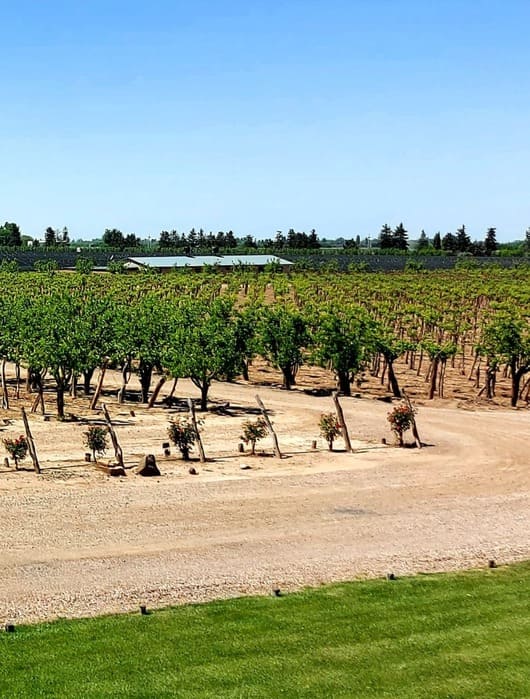
Vintage
As in the process of making red wine, the production of white and rosé wines begins with the harvest. During this step, the objective is to collect the grapes at their optimum point of maturation, so that the sugar levels contained in the must are adequate for subsequent fermentation.
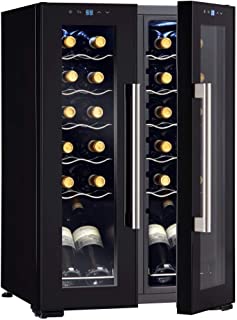
The harvest is usually carried out from spring. Once the bunches are obtained, they will begin their processing to obtain the must. To obtain white wines, we will use white-skinned grape varieties and white must, or red-skinned grapes and white must. In the case of making rosés, we will use grapes with red juice and skin. Up to here the similarities with red wine and Porto wine
What is Destemmed and crushed in white and rose wine?
Through destemming, which is carried out through specialized machines (destemming machines), the grapes are separated from the stem (the rest of the bunch). In this way we ensure that the must does not see its flavor altered by contact with leaves, branches and other elements.

Once the clusters have been destemmed and without the need to exert any type of pressure, we obtain a first must, known as yolk, tear or flower must. This first juice, the most valued, is achieved by the simple action of gravity and the weight of the grapes themselves.
This is followed by crushing, where pressure is applied to the grapes to extract the must from them. Thus, we separate the grape juice from the skin.
During this process, care must be taken not to break the seeds contained in the grapes, to avoid the presence of bitter flavors in the must. The differences in the elaboration of the red wine can be seen here
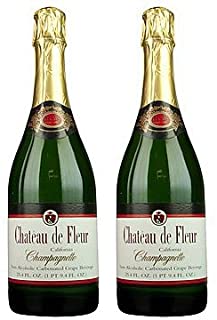
How is the maceration in white and rosé wines?
The maceration consists of letting the must rest together with the skins for a certain time. In this way, the grape juice acquires the color and other characteristics of the fruit’s skin.
The time the must remains in contact with the skins will also determine the amount of tannins in the wine, its body, etc. In the case of red wine, the maceration process lasts several days, since it is linked to a first fermentation. In the case of white wine, however, this process is usually non-existent, or lasts only a few hours (between 6 and 10 hours) and is produced at a controlled temperature of about 16º C, to avoid the start of the wine process. fermentation.

In the case of rosés, the contact time with the skins is usually longer (up to 24 hours) and the maceration is also maintained at a low temperature. From this point on, the processes for making white and rosés are the same.
Bleeding and racking for wines
Through the bleeding we separate the must obtained during the fermentation of the skins, passing it to another container. The settling consists of letting the must rest for a time so that the solid remains that may remain in suspension are decanted towards the bottom of the container.
How is the fermentation of white and rosé wine?
Once we have a clean must, the fermentation process begins, during which we maintain the cold chain (between 14º C and 16º C). In this way we preserve the aromatic complexity of the different grape varieties chosen for the production of our wine.
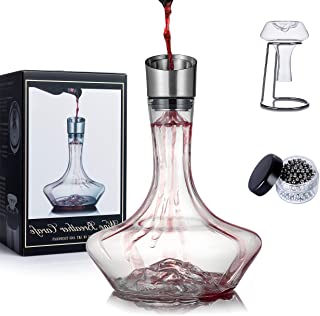
This fermentation of whites and rosés is usually carried out in stainless steel tanks, although it can also be done in wooden barrels. During fermentation, yeasts feed on the sugars present in the must, processing them and producing ethyl alcohol and carbon dioxide as a product.
Whether we obtain dry, semi-dry or sweet wines will depend on the time during which we let the yeasts act: the longer they act, the more sugar they will consume. Therefore, the fermentation time that we will need to obtain a dry wine will be longer than that necessary to obtain a sweet wine.
White Wine Manufacturing Process
In this sense, fermentation can be interrupted when appropriate through chemistry, with the addition of sulfites; or from physics, lowering the temperature of the container even further.
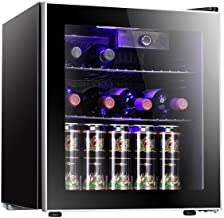
In some cases, during the final phase of fermentation, the so-called malolactic fermentation takes place, which transforms malic acid into lactic acid, which softens the final taste of the wine. After this last fermentation, in some cases the wine is left to remain together with the solid remains generated by the action of the yeasts, that is, with its lees.
If we wanted to age our wine (most white or rosé wines do not tend to age), this would be the time to put it in oak barrels that would add certain aroma and flavor notes to the final product.
Racking
By racking, as is done in the production of red wine, we would change the wine container several times, in order to eliminate the solid waste that could be found in suspension and to aerate the wine.
Clarification and Filtering White and Rosé Wine
To continue cleaning the wine of solid impurities, we would subject it to the action of clarifying substances that drag the small solid particles to the bottom. If necessary, this process would be completed with a filtering of the wine through a fine membrane.
How is rosé and white wine bottled?
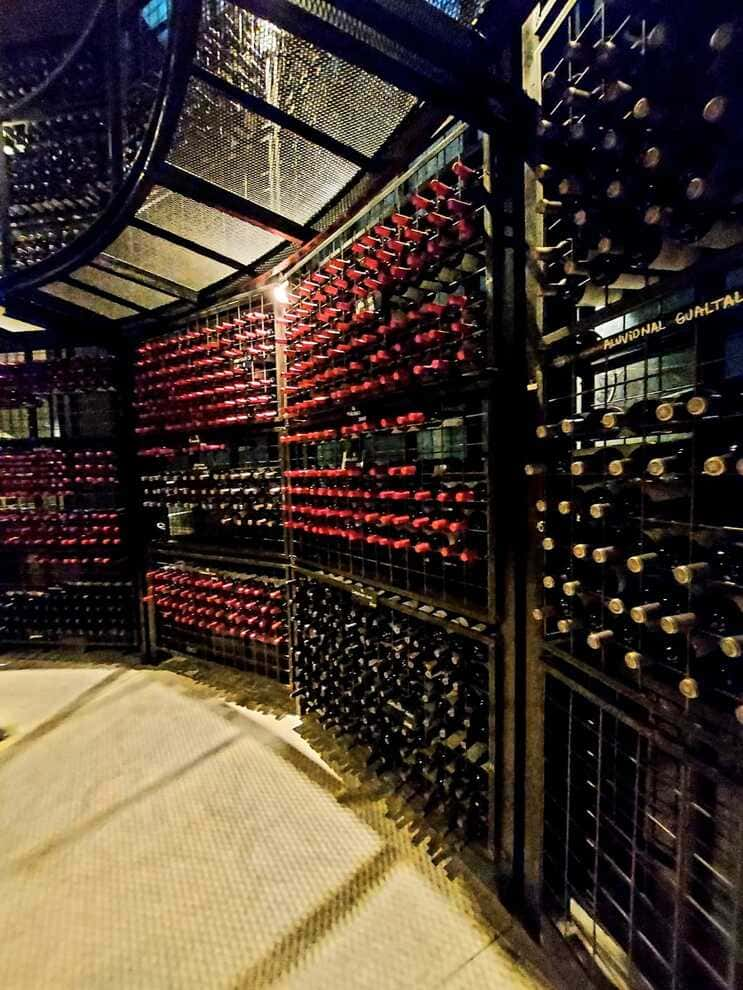
To conclude the white and rosé wine production process, we would finish with bottling. During the time in the bottle, the wine finishes balancing and its aromas and nuances finish settling. In the case of this type of wine, as they are not usually subjected to excessively long barrel aging times, the time that elapses from bottling to marketing is much shorter.

TSA Liquids Rules: Traveling with Alcohol
Alcoholic beverages with more than 24% but not more than 70% alcohol are limited in checked bags to 5 liters (1.3 gallons) per passenger and must be in unopened retail packaging. Alcoholic beverages with 24% alcohol or less are not subject to limitations in checked bags.
For carry-on you are limited to containers of 3.4oz or less that can fit comfortably in one quart-sized, clear, zip-top bag. If it’s overflowing from the bag, that isn’t comfortable. See TSA precheck for Boarding
For checked bags, there is no limit! I wish this was true when I was in college. See Medical TSA Diabetes Rules
